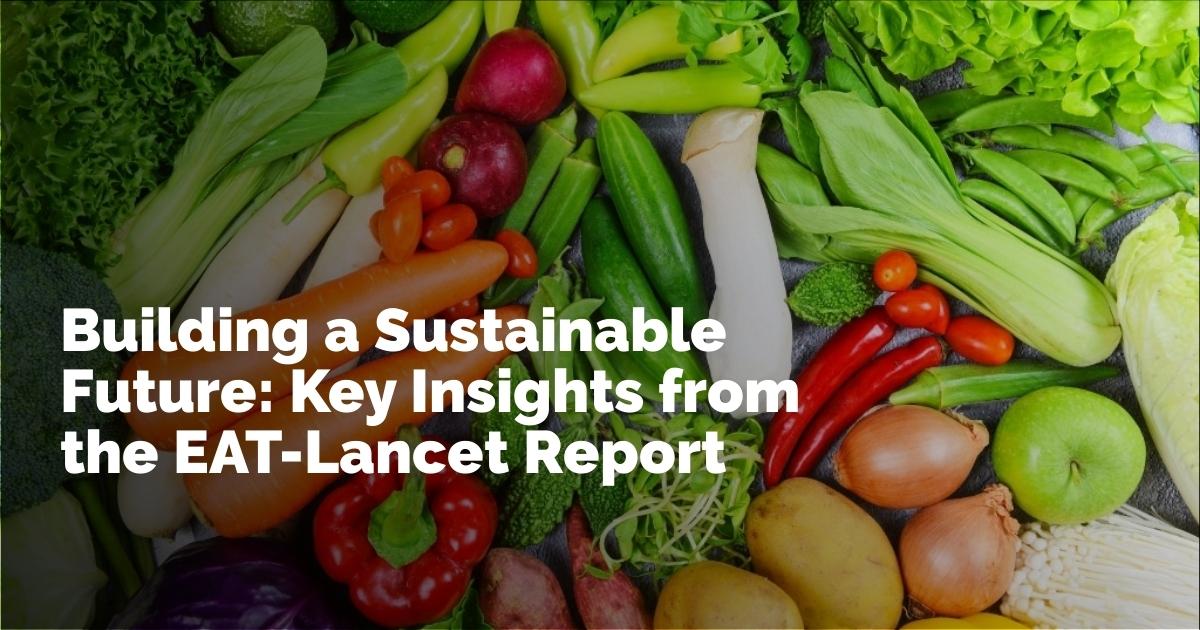Sustainable Food Systems and the 2025 EAT-Lancet Report: A Comprehensive Overview
The latest installment from the EAT-Lancet Commission, unveiled during the Stockholm Food Forum, presents a pivotal roadmap towards transforming global food systems in the face of climate challenges. The second EAT-Lancet Report, a product of exhaustive research by experts spanning nutrition, climate science, economics, health, social sciences, and agriculture, offers groundbreaking insights and recommendations for sustainable agriculture and food justice. Here's what you need to know about this landmark report.
Global Food Systems and Climate Change
Food systems are critically interlinked with global climate efforts, as highlighted by the EAT-Lancet Commission. A mere transition away from fossil fuels will not suffice unless food systems are also reformed. If unchanged, these systems could propel global warming beyond the Paris Agreement's threshold of 1.5 degrees Celsius. Unlike its predecessor, the new report meticulously quantifies the food systems' impact across all planetary boundaries, identifying food consumption and production as major contributors to five out of the six boundaries breached, showing a significant influence on the climate change and ocean acidification boundaries.
The report underscores unsustainable practices like deforestation as key drivers of biodiversity loss and climate change. Furthermore, food systems are almost entirely responsible for nitrogen and phosphorus oversupply, and the unchecked use of novel entities such as plastics and pesticides remains a pressing concern.
The Planetary Health Diet
In response to these findings, the report proposes a transformative pathway that includes adopting healthier diets, improving agricultural productivity, and reducing food wastage. Central to these recommendations is the "Planetary Health Diet" (PHD), which ensures that a growing global population can be fed sustainably without transgressing planetary boundaries.
The PHD predominantly consists of vegetables, fruits, whole grains, tubers, and starchy roots. Nuts and legumes are emphasized as vital protein sources. The PHD suggests limited animal protein: red meat, eggs, poultry, and fish are to be consumed sparingly. Dairy is optional, with the recommendation capped at one serving per day. The preparation of these foods should avoid ultra-processing, as it is linked to multiple adverse health outcomes.
Embracing the PHD could provide healthy nutrition to up to 9.6 billion people while modestly impacting food costs. However, it requires a drastic shift in food consumption patterns and production methods, such as decreasing ruminant meat production by 33% and boosting the output of fruits, vegetables, and nuts by 63% relative to 2020.
Integrating Social Justice into Food Systems
A notable addition to this report is its focus on social justice within the context of food systems. Highlighting how the current food systems disproportionately pressure the environment and resource distribution, the report reveals that the wealthiest 30% of the population is responsible for over 70% of environmental stresses caused by food systems. In contrast, over half of the world's population struggles to access healthy diets.
To address these disparities, the PHD advocates for flexibility, allowing cultural, dietary, and individual modifications within its framework. Varied diet forms—flexitarian, vegetarian, pescatarian, and vegan—can align with the PHD principles. Currently, no nation fully aligns with the PHD, but a shift could prevent approximately 15 million deaths annually.
Agricultural Impact and Sustainable Intensification
Agriculture's detrimental effects on human health are often underrecognized and unevenly experienced, contributing significantly to poor air quality-related mortality due to nitrogen fertilizer pollution. The report suggests "sustainable intensification," promoting ecological processes like carbon sequestration, nutrient cycling, and biological pest regulation. Preserving intact forests and grasslands is a crucial element of this approach.
The Role of Women in Food Systems
The report also sheds light on the often-overlooked impact of gender dynamics within food systems. Women's involvement in food production and preparation is vital, yet their contributions are frequently undervalued. Women, particularly in marginalized groups or conflict zones, face heightened challenges from systemic nutritional deficiencies to political misuse of food supply as a weapon of war.
A Cultural Challenge
Transforming food systems entails not just scientific, but cultural shifts, as stressed by the 2025 EAT-Lancet Report. This challenge necessitates collaboration across various sectors—farmers, business leaders, policymakers, and the general public must share insights for effective progress. The report outlines development trajectories with desired annual and decadal changes, spanning irrigation, phosphorus use, land allocation, and specific food production metrics to align with sustainable goals by 2050.
Despite alarming observations, the report offers hope for a just transition in food systems, emphasizing that collective action can forge pathways to equitable, sustainable nutrition for all.
출처 : Original Source

